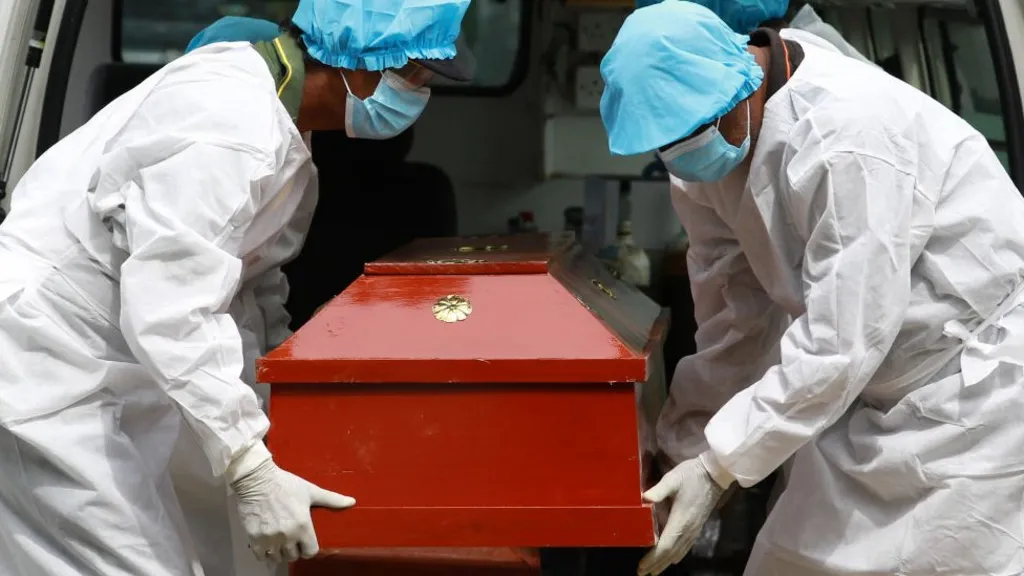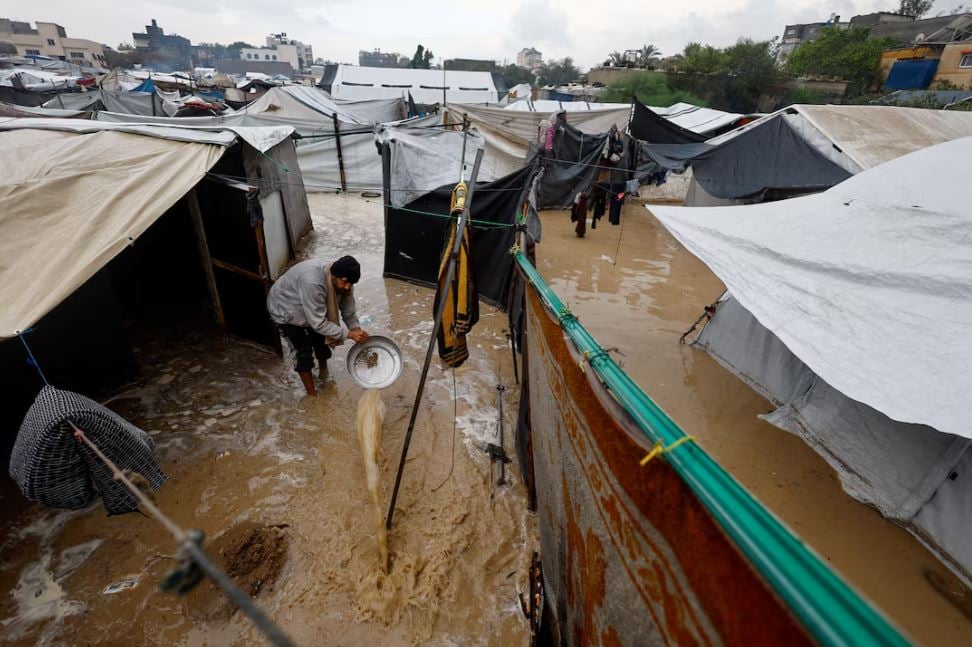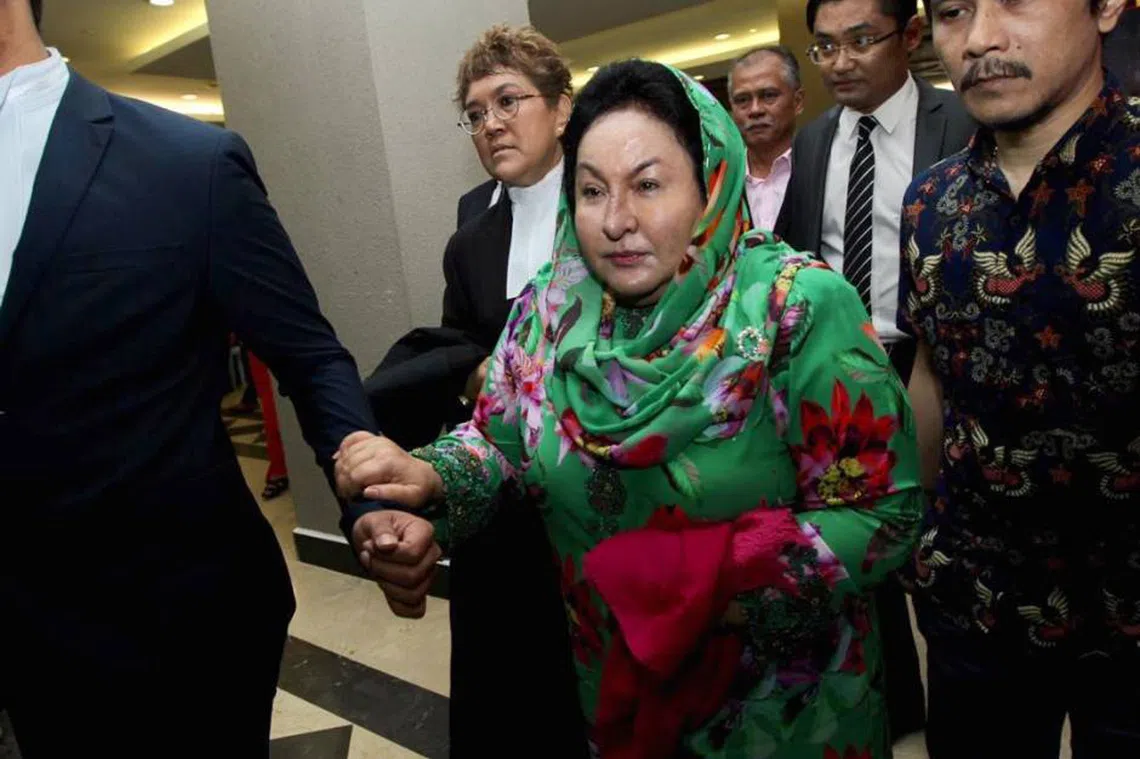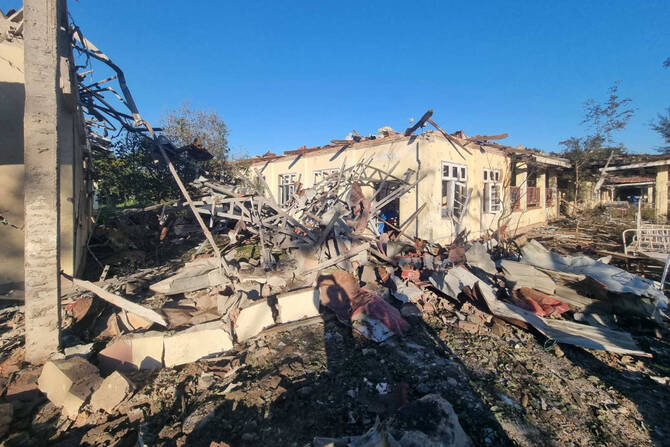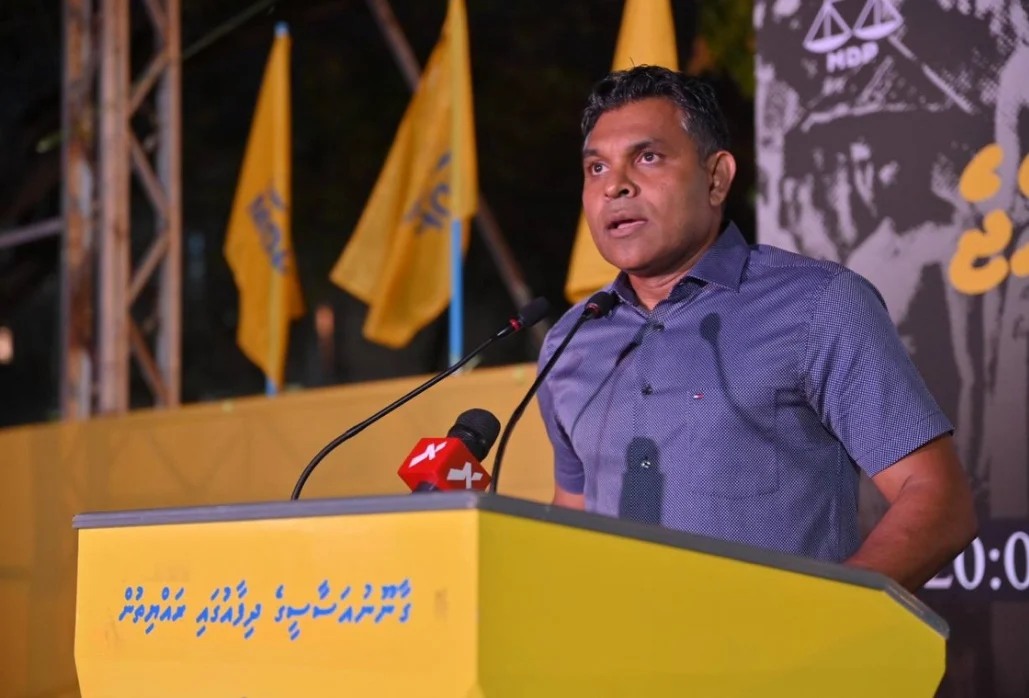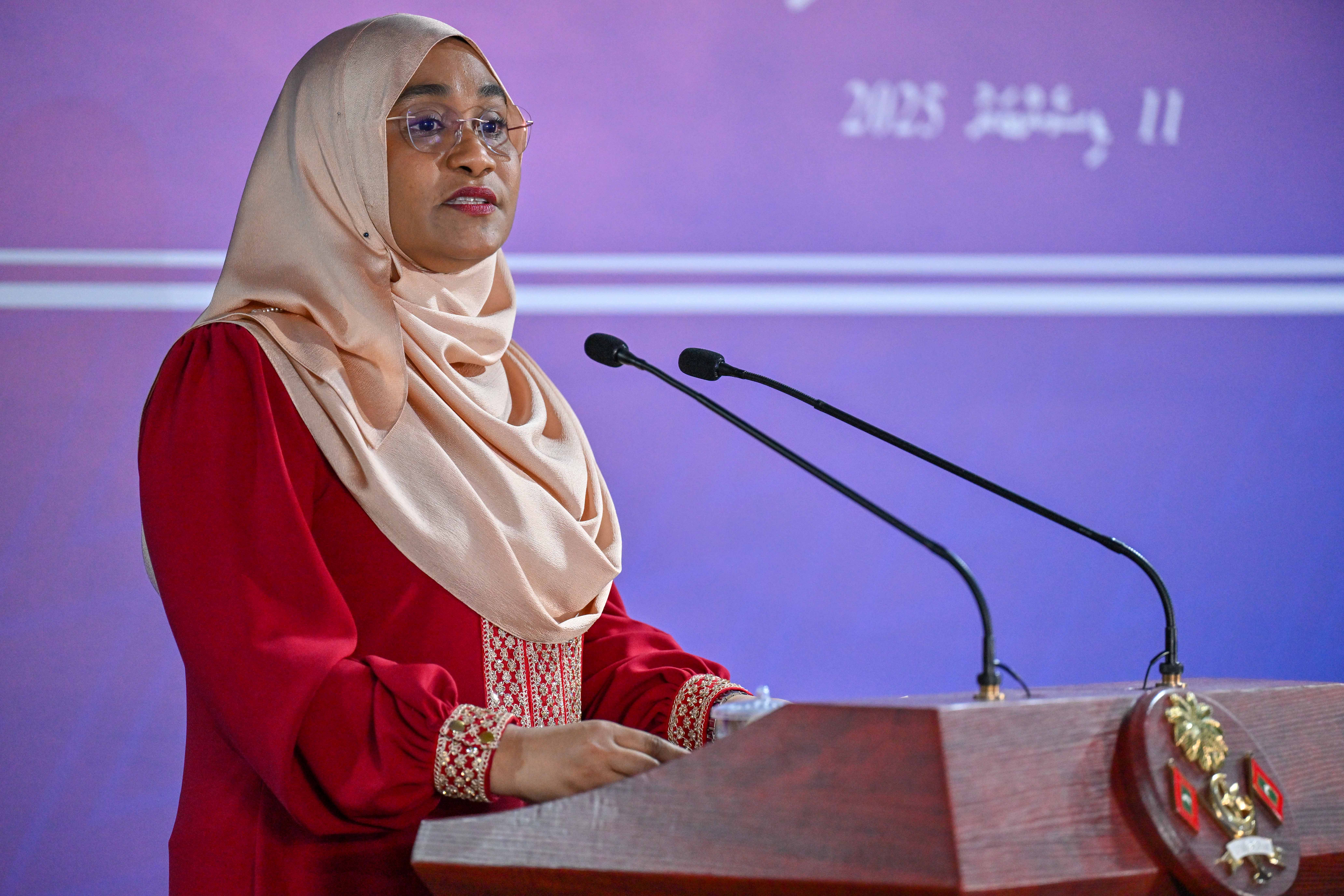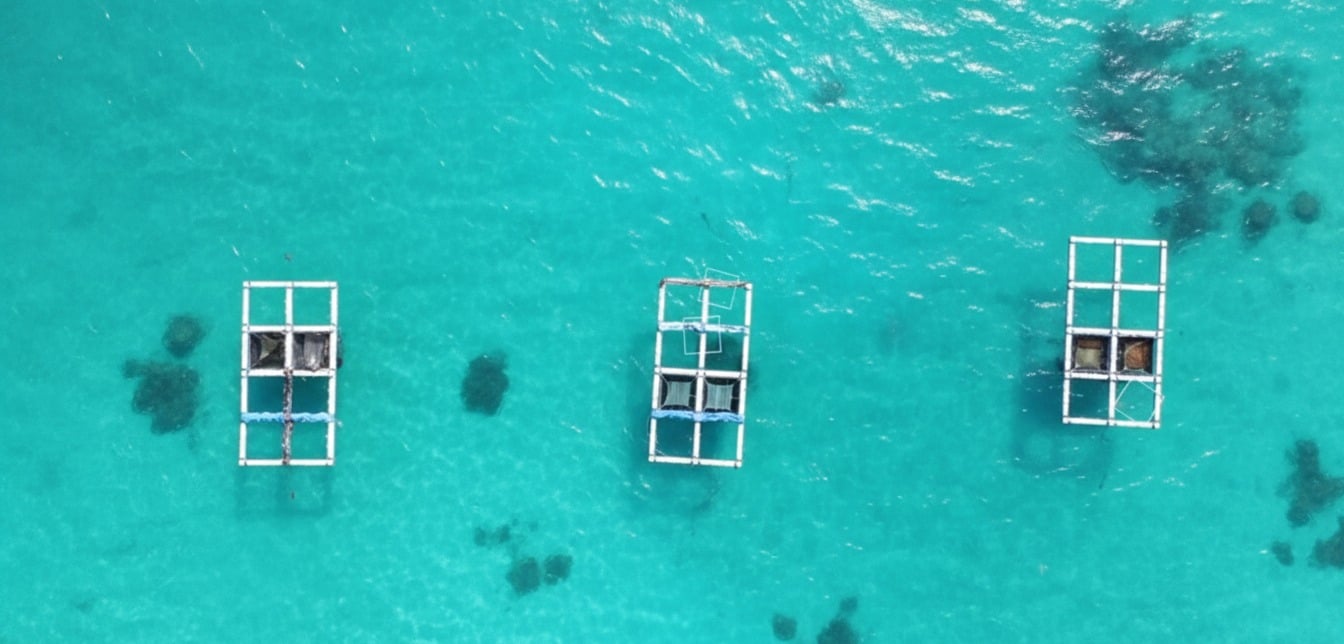The Sri Lankan government on Tuesday formally apologized to the Sri Lankan Muslim minority for enforcing cremations on COVID-19 victims, disregarding WHO assurances that burials in accordance with Islamic rites were safe. The cabinet issued an “apology regarding the compulsory cremation policy during the Covid-19 pandemic”. It announced plans for a new law to guarantee the right to burial or cremation, ensuring funeral customs are respected in the future.
Muslim representatives welcomed the apology but emphasized that their community, which constitutes about 10 percent of the island’s 22 million population, remains traumatized by the forced cremations. Hilmy Ahamed, spokesman for the Muslim Council of Sri Lanka, stated they plan to sue two academics behind the policy and seek compensation. He highlighted the suffering of a young Muslim couple whose 40-day-old infant was cremated against their wishes.
The forced cremation policy was implemented by then-president Gotabaya Rajapaksa, who banned burials despite international condemnation for violating Muslim funeral norms. Rajapaksa defended his decision, claiming he followed "expert advice" from Meththika Vithanage, a professor of natural resources with no medical background.
Rajapaksa halted the forced cremation policy in February 2021 after an appeal from then-Pakistan Prime Minister Imran Khan. The government then allowed burials in a remote area under strict military supervision but without the participation of bereaved families.
Rajapaksa was forced out of office two years ago following months of protests over an unprecedented economic crisis. The formal apology and the proposed new law mark a significant step toward acknowledging the Muslim community’s rights and customs in Sri Lanka.
Muslim representatives welcomed the apology but emphasized that their community, which constitutes about 10 percent of the island’s 22 million population, remains traumatized by the forced cremations. Hilmy Ahamed, spokesman for the Muslim Council of Sri Lanka, stated they plan to sue two academics behind the policy and seek compensation. He highlighted the suffering of a young Muslim couple whose 40-day-old infant was cremated against their wishes.
The forced cremation policy was implemented by then-president Gotabaya Rajapaksa, who banned burials despite international condemnation for violating Muslim funeral norms. Rajapaksa defended his decision, claiming he followed "expert advice" from Meththika Vithanage, a professor of natural resources with no medical background.
Rajapaksa halted the forced cremation policy in February 2021 after an appeal from then-Pakistan Prime Minister Imran Khan. The government then allowed burials in a remote area under strict military supervision but without the participation of bereaved families.
Rajapaksa was forced out of office two years ago following months of protests over an unprecedented economic crisis. The formal apology and the proposed new law mark a significant step toward acknowledging the Muslim community’s rights and customs in Sri Lanka.





